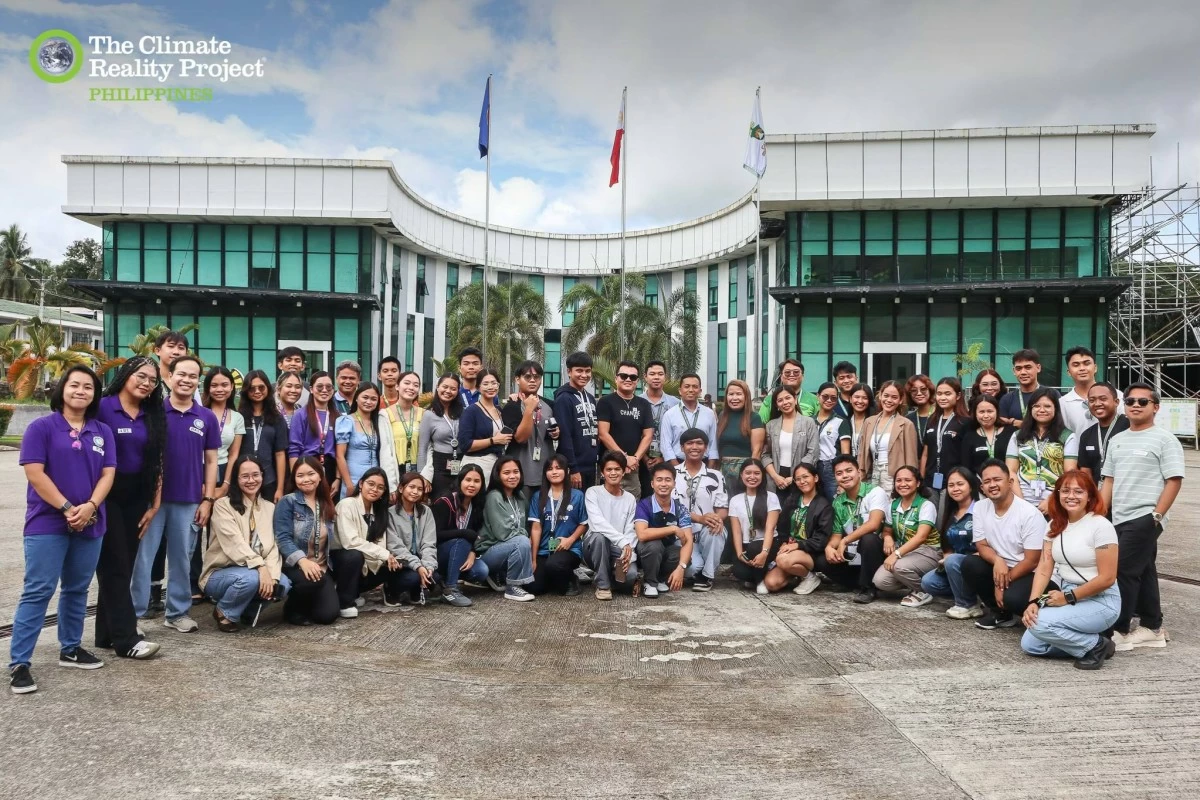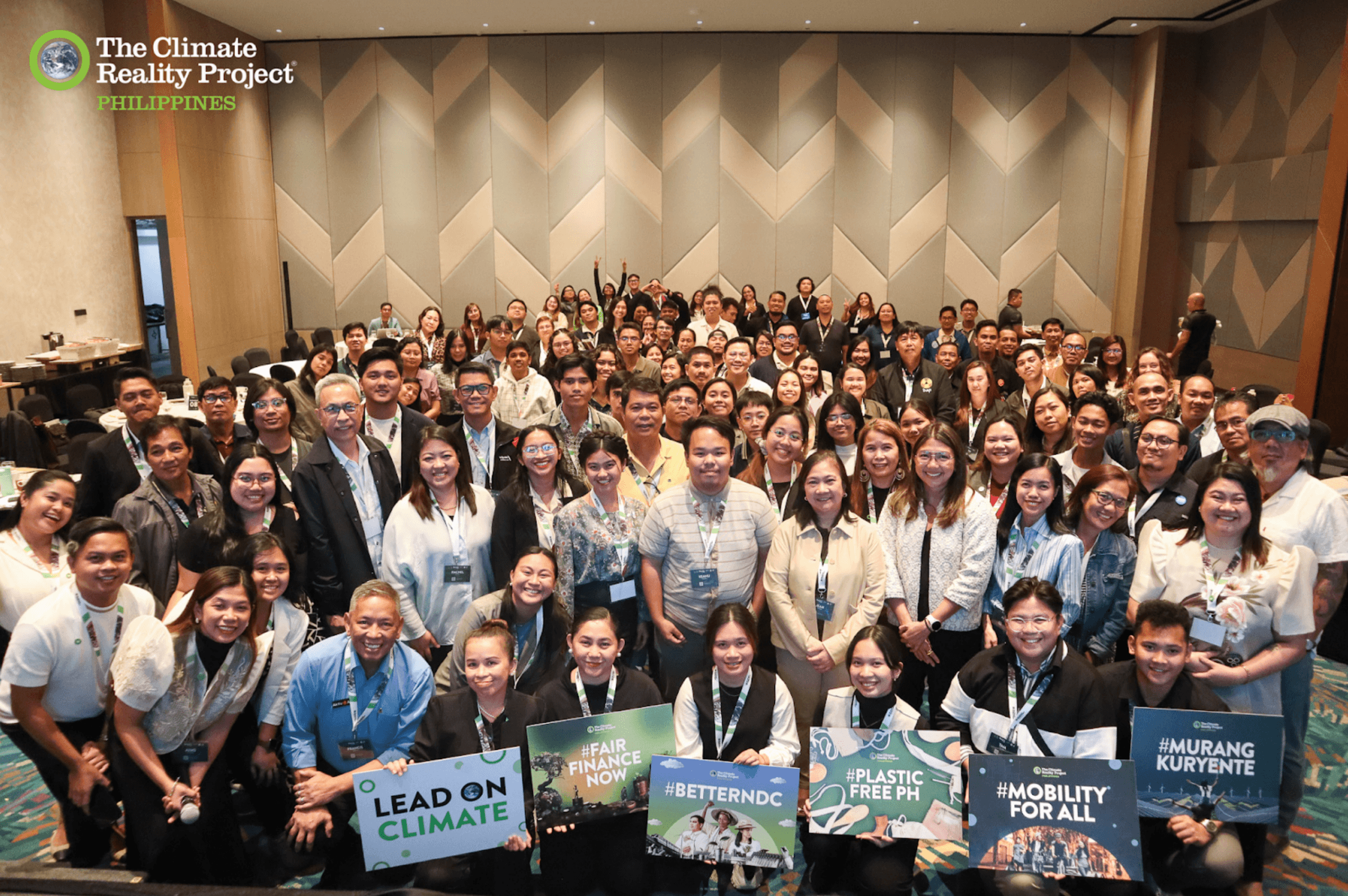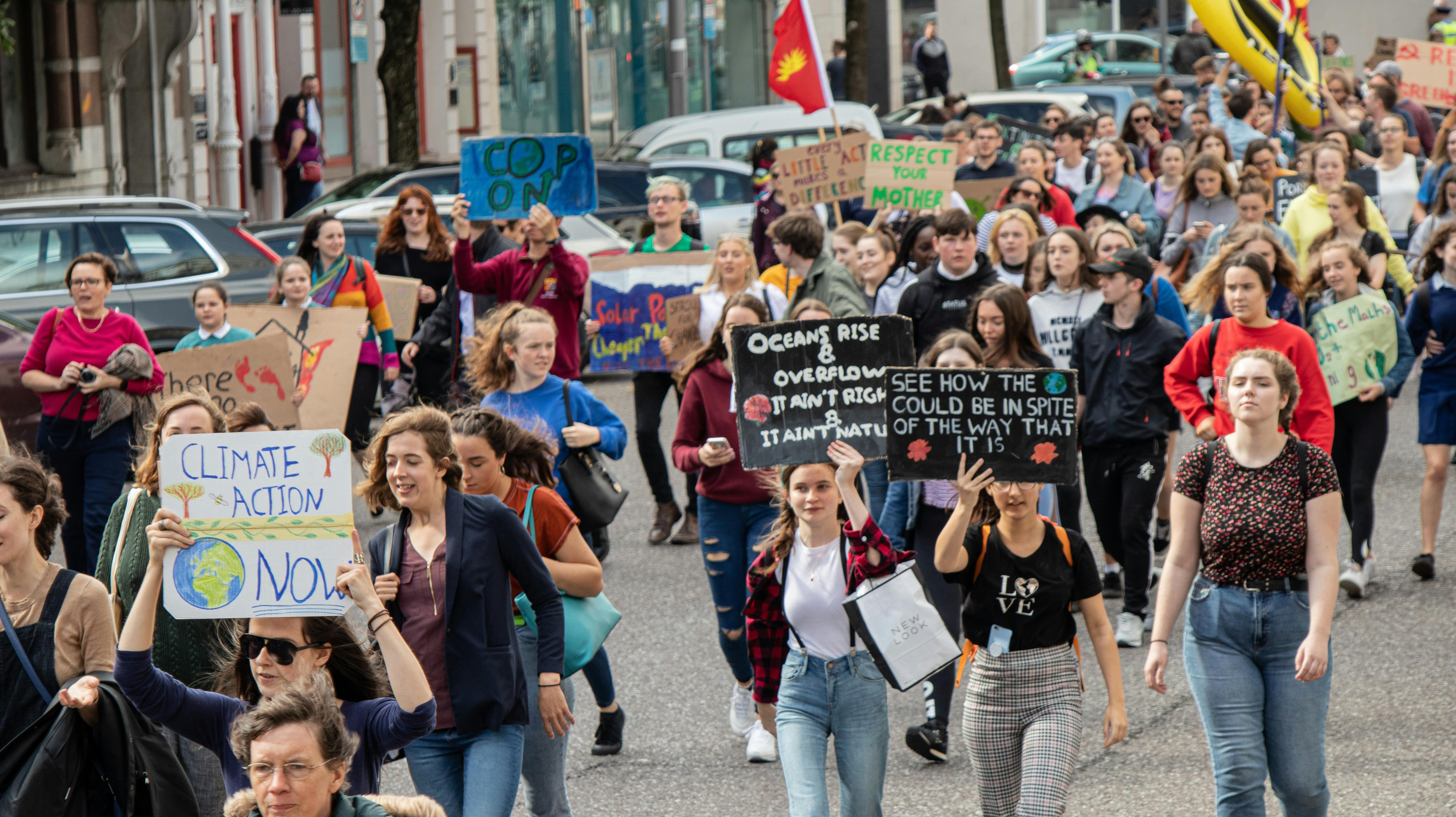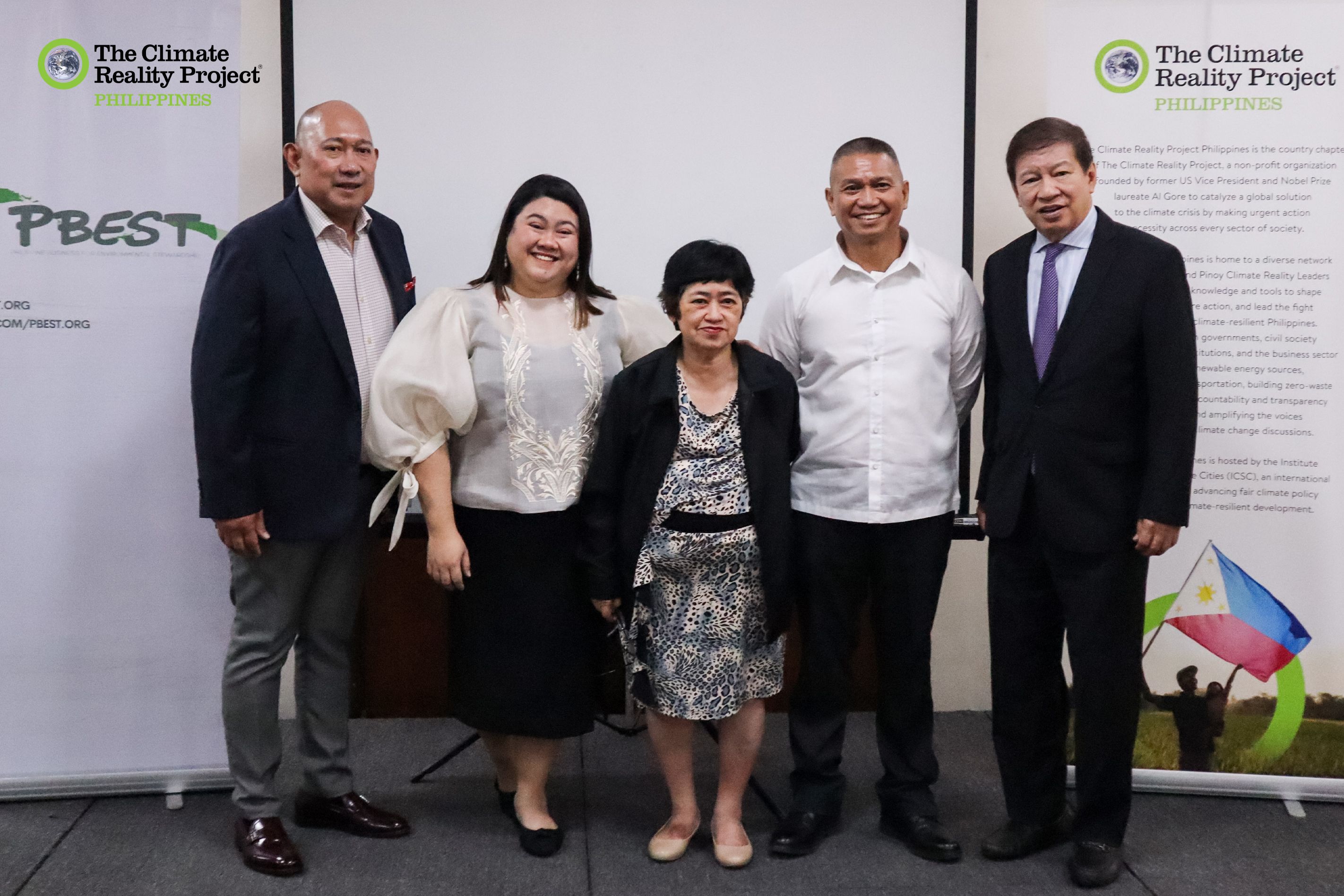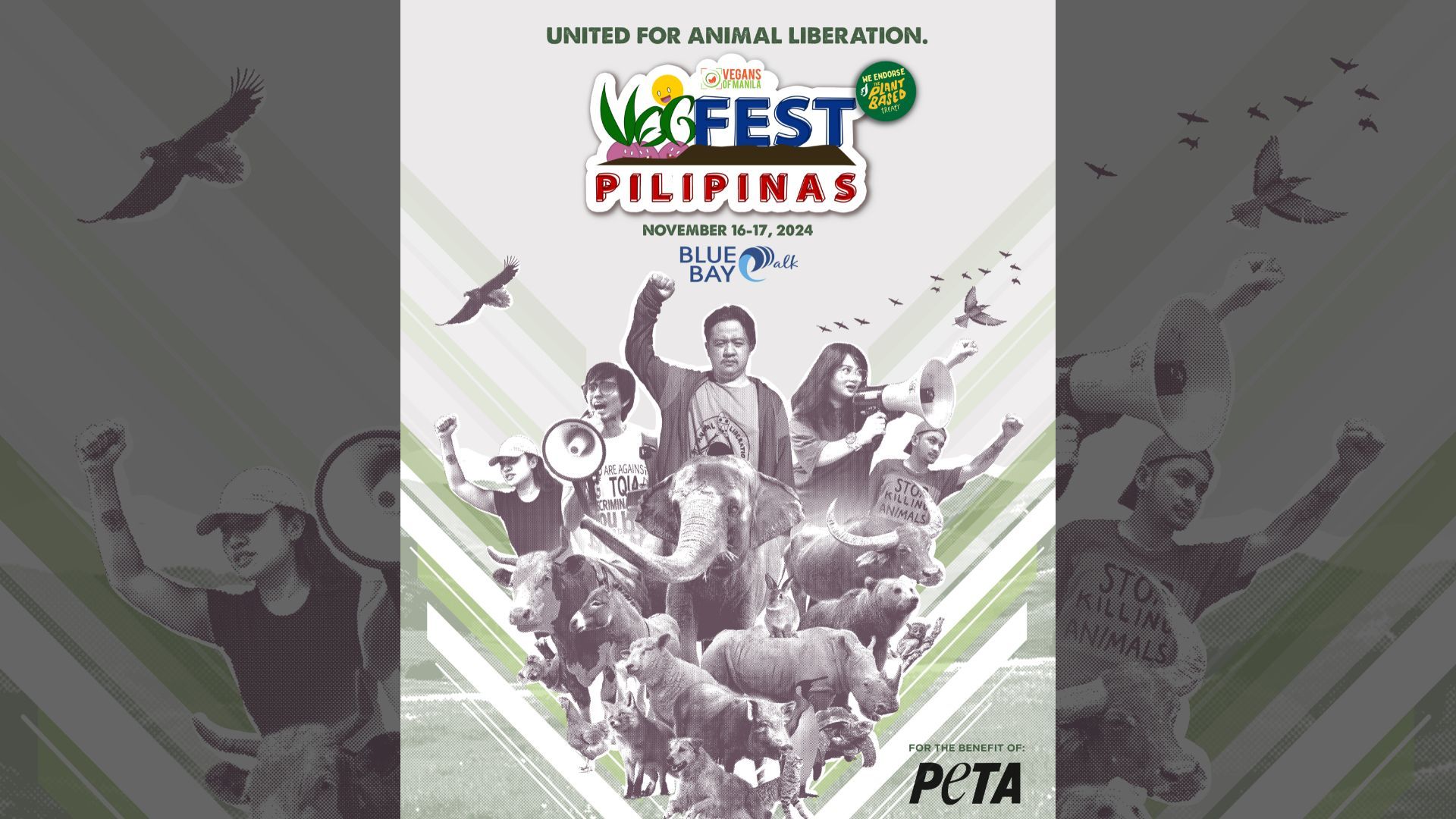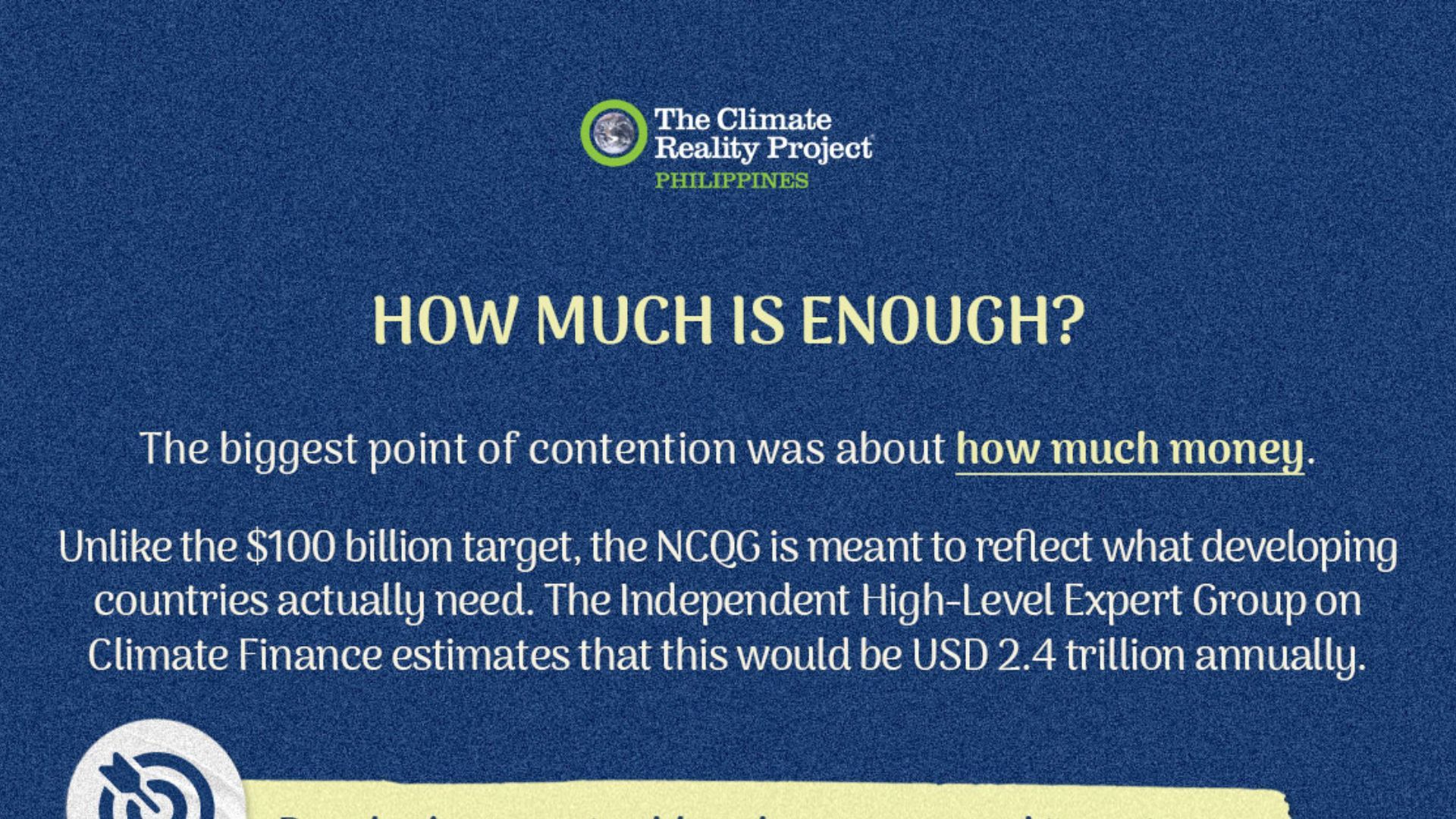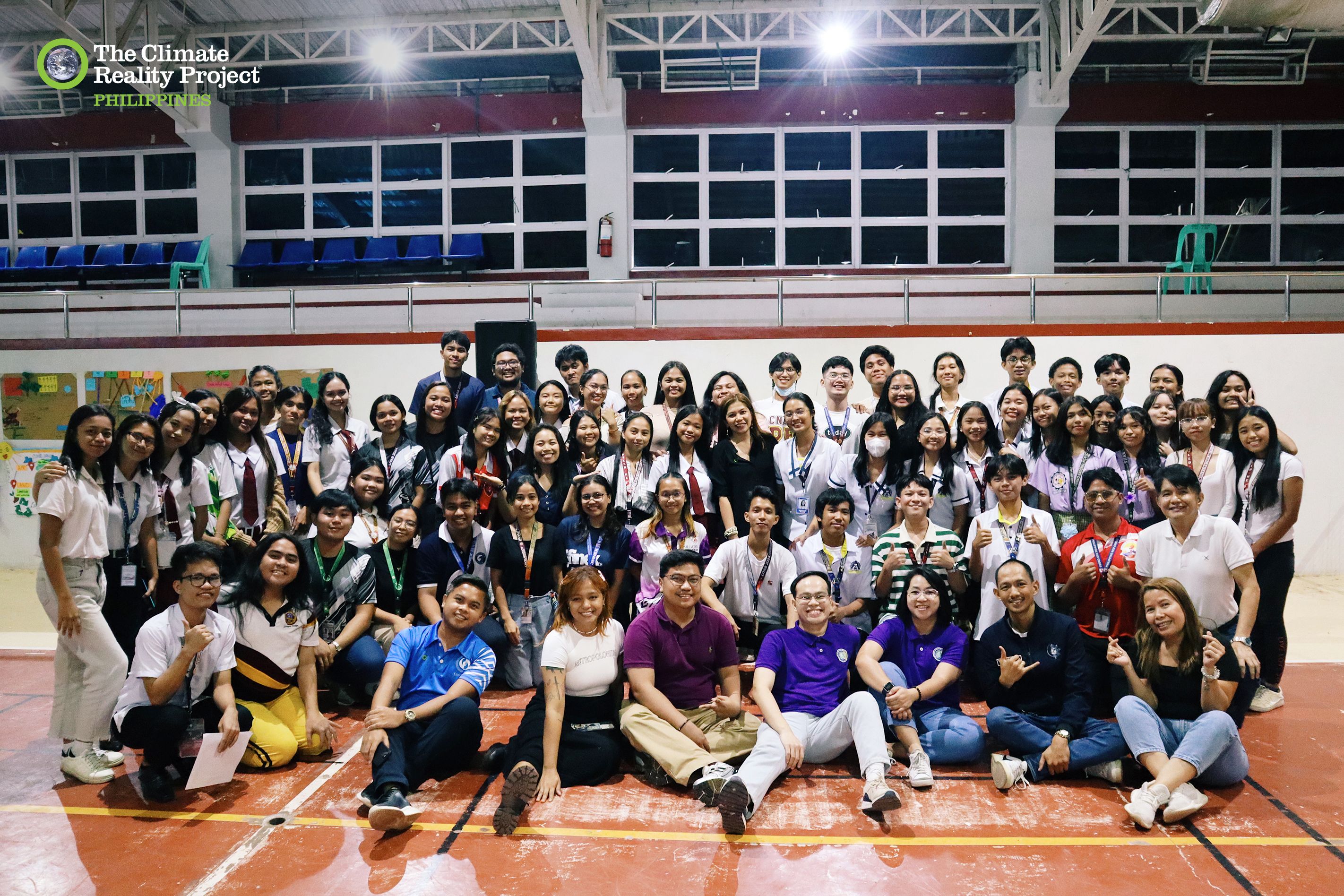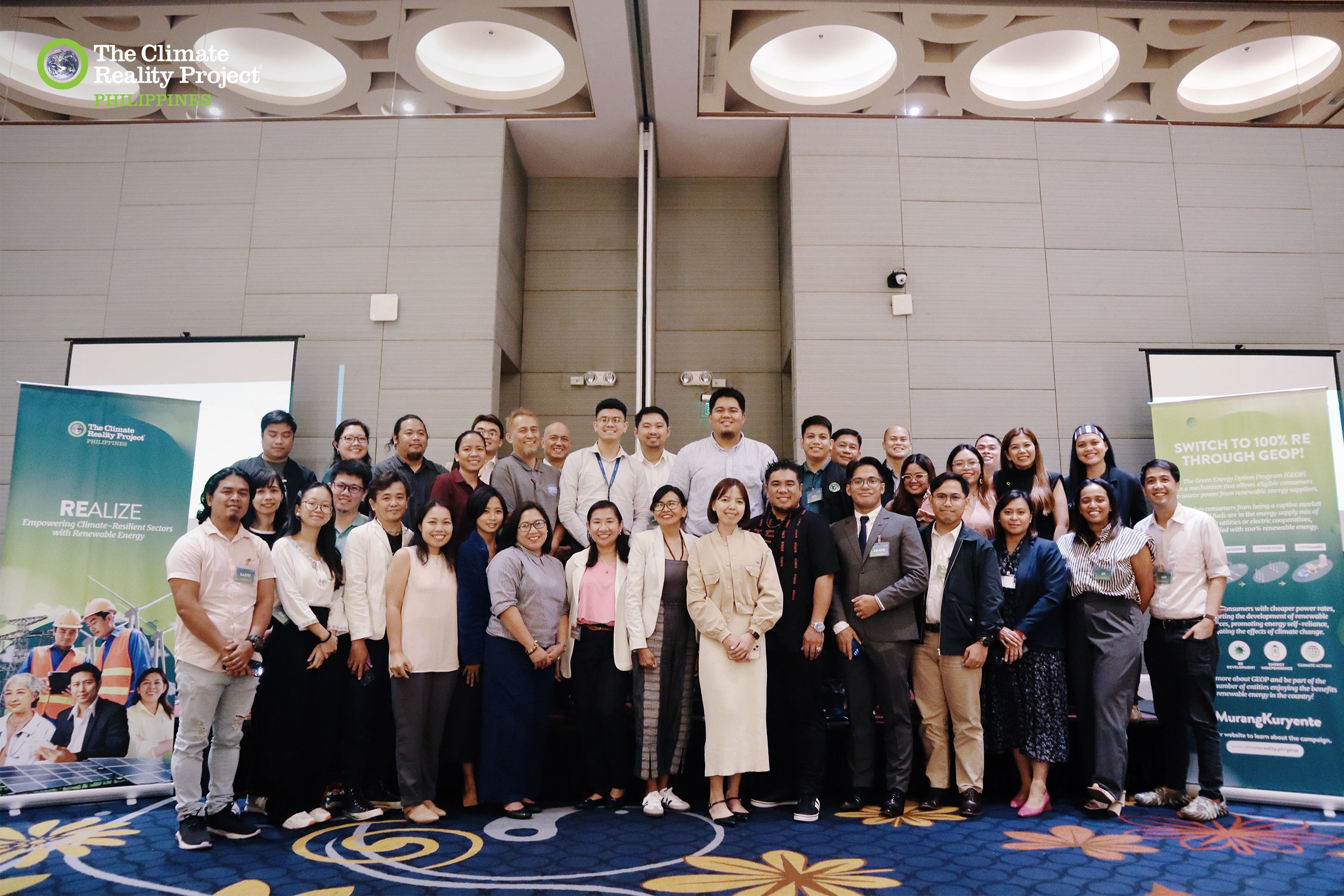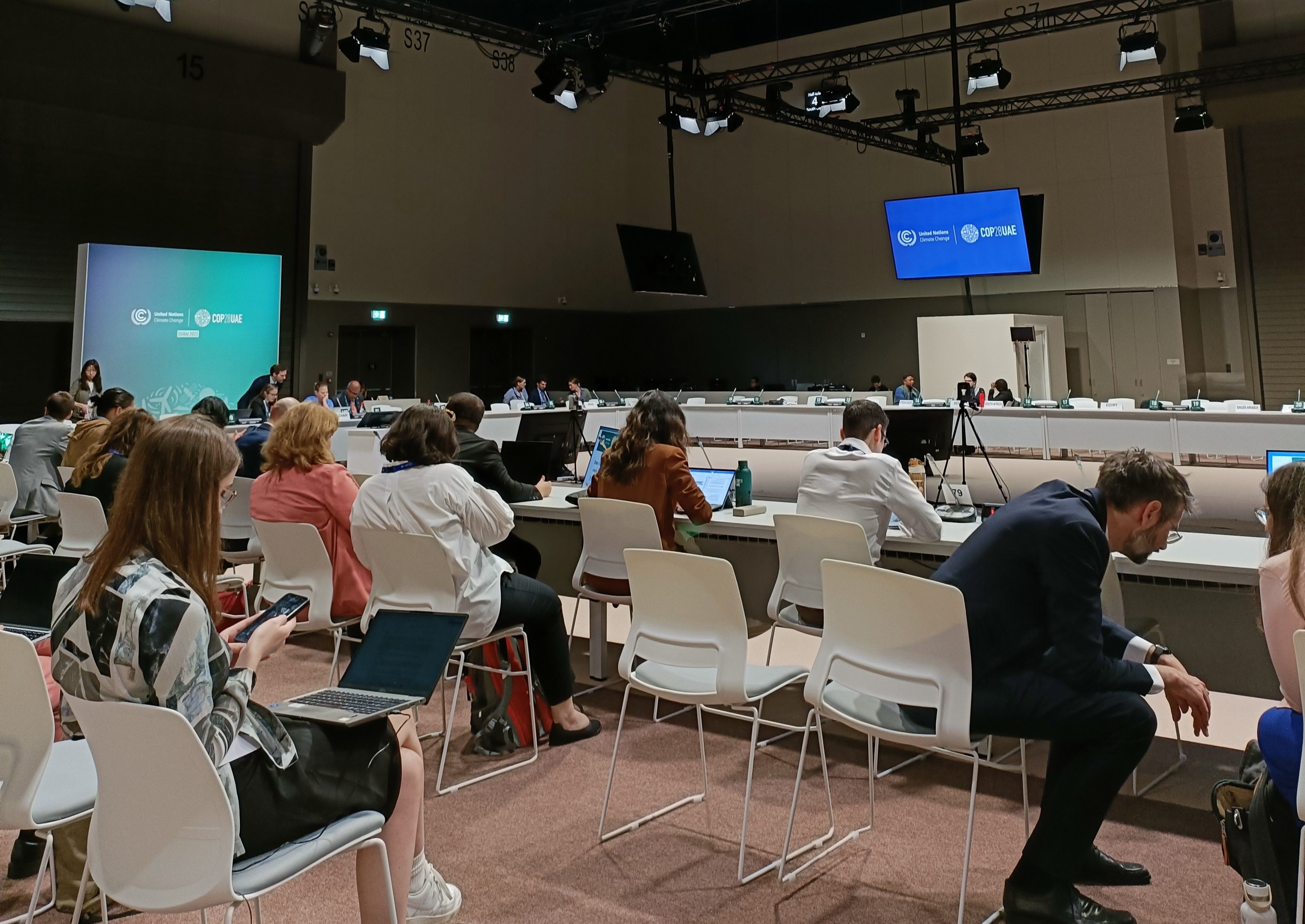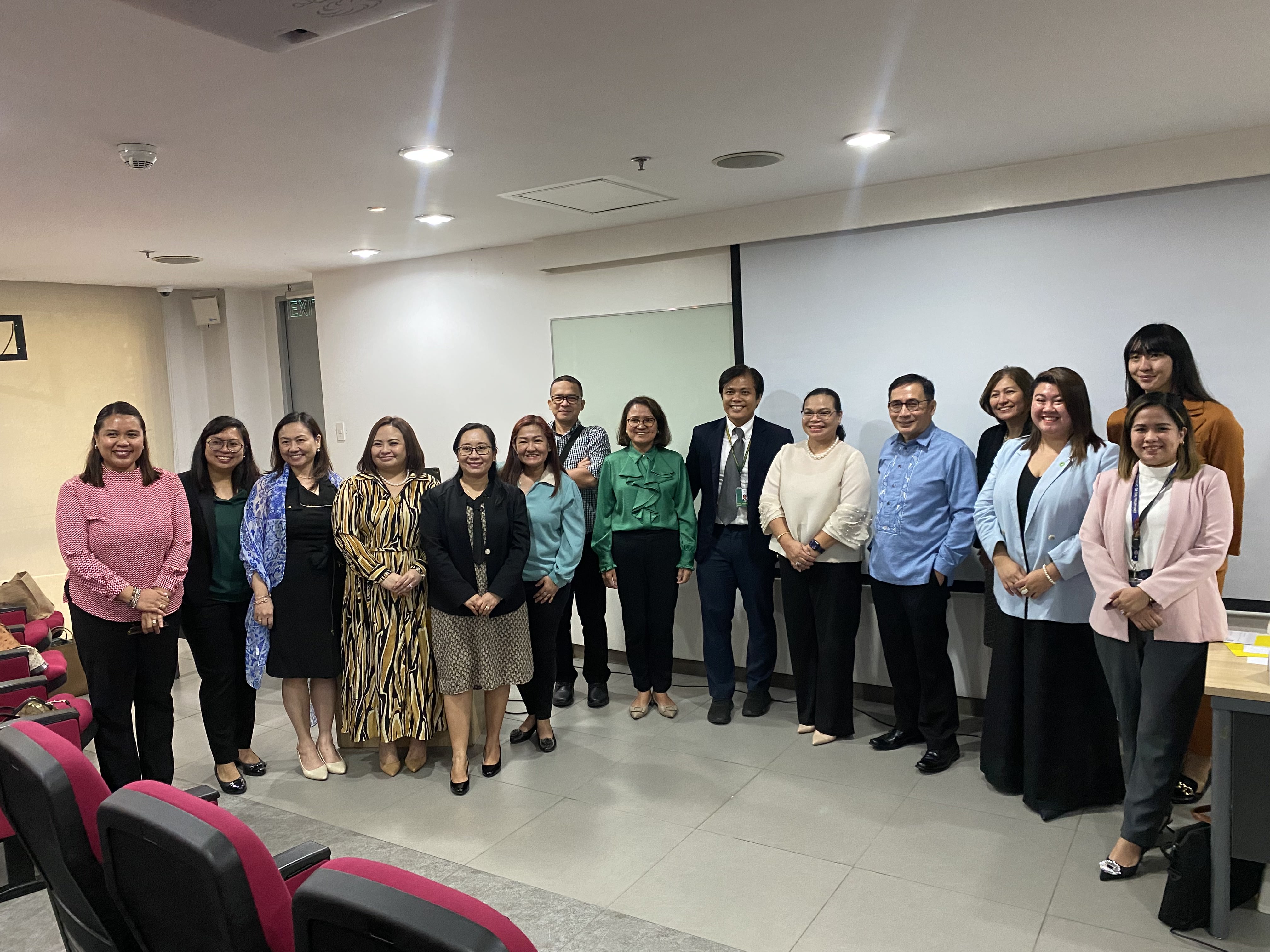On May 21, The Climate Reality Project Philippines held its first leg of Klima Eskwela at Caraga State University in Butuan City, Agusan del Norte. Designed to engage students in addressing the climate and plastic crises, Klima Eskwela is an offshoot project of the Climate Reality Philippines’...
New leaders of the Climate Reality Leadership Corps pose for a photo. “The global sustainability revolution is unstoppable, and it’s unstoppable because of advocates like you and the millions of people around the world demanding stronger, more ambitious climate action,” said former US...
Women hold placards to lead and rally against the lack of global climate action. (Photo from Pexels) The term “global warming” connotes that we are all affected by the climate crisis, hence its “global” aspect. Though that may be true, the impacts of a warming planet are not equally...
In the upcoming 2025 midterm elections, climate action is on the ballot, according to a recent survey conducted by the Social Weather Stations and the Stratbase ADR Institute for Strategic and International Studies. When asked about the advocacies that would make them vote for a candidate, survey...
After two weeks of grueling negotiations, the conclusion of the 29th Session of the Conference of the Parties (COP29) to the United Nations Framework Convention on Climate Change (UNFCCC) in Baku, Azerbaijan, left developing countries feeling disappointed. While perfection was not expected, hopes...
In the face of today’s climate crisis, it’s natural to wonder what more can be done to address the situation. When considering the chief causes, many immediately point to smoke-belching vehicles, deforestation, single-use plastics, and fossil fuels. These factors are often cited as the...
On October 21 at midnight, tropical depression Kristine (Trami) entered the Philippine area of responsibility. What was first identified as a low-pressure area quickly grew into a severe tropical storm — battering much of the biggest island group in the country, Luzon. Images of flooded...
Hosting its biggest group of students yet, Klima Eskwela capped off a successful 2024 run with a visit to the Camarines Norte State College (CNSC). Klima Eskwela aims to make advocates out of the youth. Its lectures were designed to leverage students’ experience with global warming and, in...
"First, do no harm.” This foundational principle of healthcare has guided medical professionals since the time of Hippocrates, the father of Western medicine. It underscores the commitment to avoid causing harm to people. However, in a contradictory twist, the healthcare industry now...
By Keith Sigfred Ancheta In 2009, during the 15th Conference of Parties to the United Nations Framework Convention on Climate Change (COP15), developed countries announced an ambitious climate finance goal—that developed countries would mobilize $100 billion annually by 2020 to developing...
Public hospitals in the Philippines are looking to integrate sustainability into their operations, as they recognize the significant risks climate change poses to public health and economic wellbeing. The healthcare industry is focusing on transitioning to renewable energy, given its significant...
The Earth is warming at an alarming rate. According to the Intergovernmental Panel on Climate Change, global warming has already reached 1.1 degrees Celsius since the 1850s. The impacts of climate change are already being felt around the world, in the form of more extreme weather events,...
